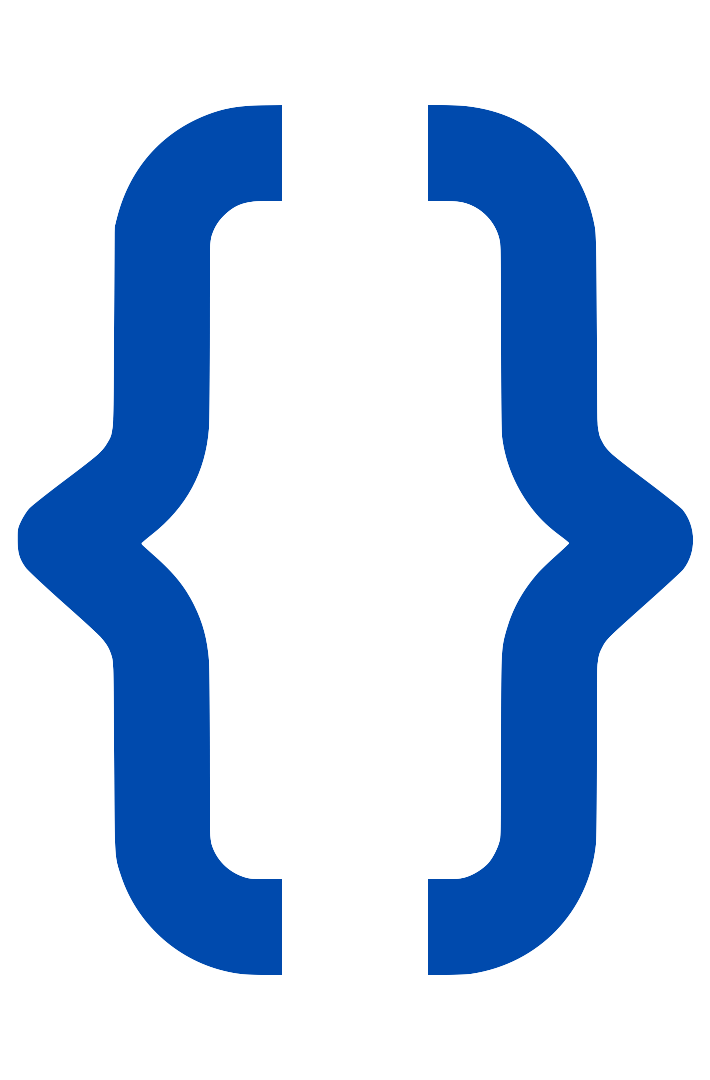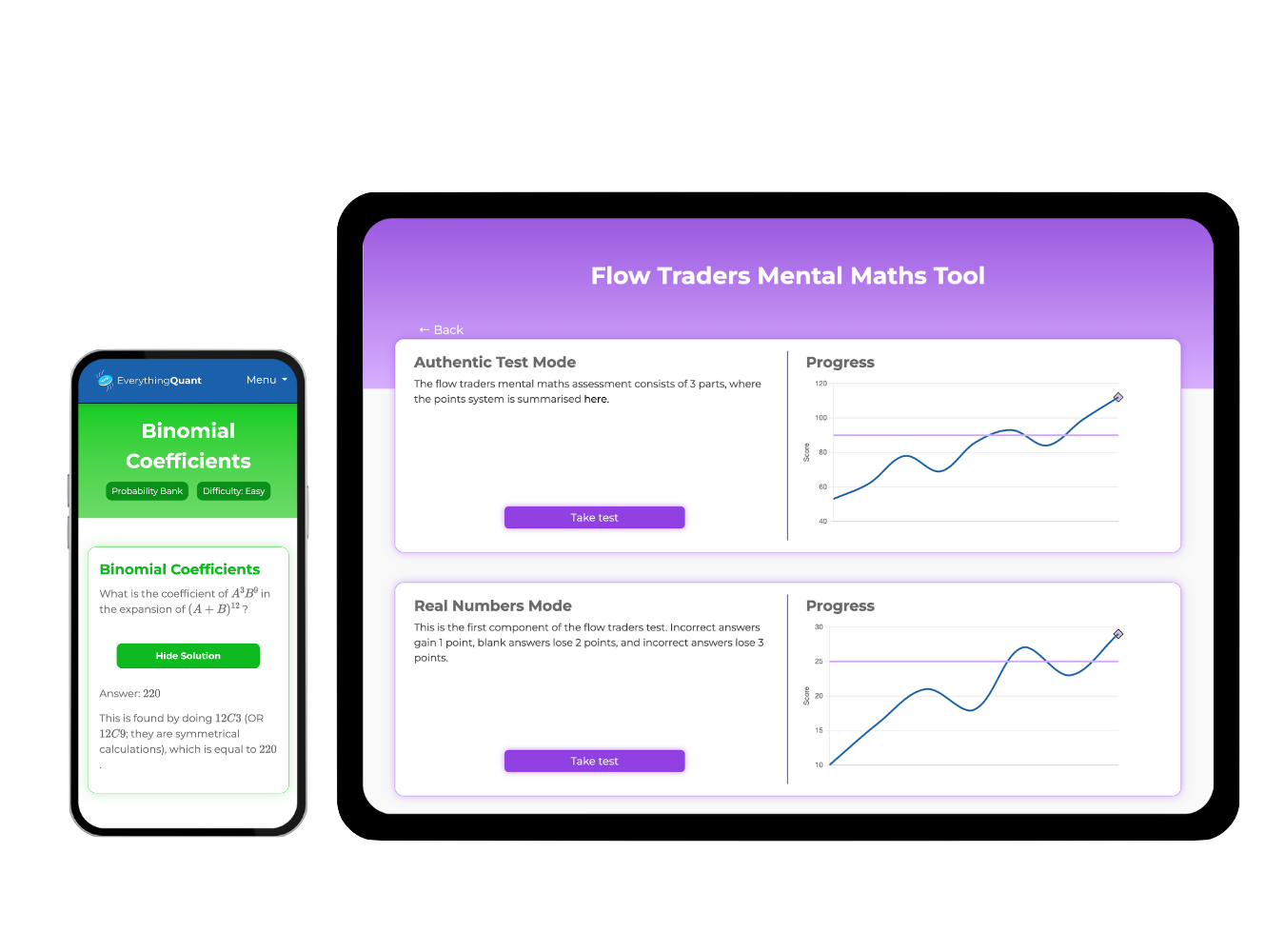Different Types of Quantitative Finance Firms
In this article, we detail the different types of quantitative firms, and the skills you need to break into each category.

Introduction
Discussion regarding 'quant firms' is often used as blanket statement for firms that deploy mathematical, statistical, and/or algorithmic models, which power financial trading activity and investment decisions. However, there are key differences between firms within the industry, ranging from market philosophies to business models and technological constraints.
For those interested in entering the field, or simply trying to make sense of it, it is crucial to understand the major categories for quantitative finance firms, what they do, how they make money, and how they differ from one another.
High-Frequency Trading (HFT)
Firms that deploy HFT strategies rely on super low latency (i.e. fast transmission of information computationally with low delay) infrastructure to execute a significant number of trades in a very short period. These are the most technologically aggressive players in the modern markets today.
HFT firms exploit very, very small pricing inefficiencies. Their edge in the markets is almost entirely in speed and precision. Firms such as Jump Trading, Tower Research, and Citadel Securities are described as prominent players in the HFT space.
Success in the HFT industry requires the most advanced technology (network architecture, hardware optimisation, efficient algorithms, etc), and exceptional engineering talent. This form of trading is often closer in spirit to telecommunications R&D rather than traditional finance.
Market Makers/Prop Traders
QThe main goal of market making firms is to provide liquidity to financial markets. This is achieved by perpetually quoting buy and sell prices for target securities. Although these firms deploy algorithms that could be considered HFT, and certainly share the technological capabilities that prominent HFT firms have, the profit opportunity for market making firms lies in the bid-ask spread, rather than capitalising on mispriced assets.
Market makers facilitate trading for other participants and aim to remain neutral in terms of directional market exposure, balancing positions quickly and effectively. Firms such as Jane Street, Optiver, IMC, and Hudson River Trading typically fall into this category.
Hedge Funds
These firms apply statistical models and algorithms to identify trading opportunities. What differentiates these firms from high-frequency traders and market makers is that quant hedge funds often operate on medium to long-term signals.
Quantitative hedge funds may find signals based on macroeconomic factors, company fundamentals, pairs trading, or other data that may show evidence of a correction over a longer period. Firms such as Renaissance Technologies, DE Shaw, Two Sigma, and AQR are more primarily of this nature. Many of their strategies are proprietary, rooted in academic research, and require substantial backtesting and risk management infrastructure.
Systematic Asset Managers
Systematic asset managers are very similar to quantitative hedge funds. However, asset managers usually have a more risk averse and long term investment philosophy, they still heavily utilise statistical models to ensure that they receive the best value for their risk exposure.
Firms like BlackRock's Systematic Active Equity group and Goldman Sachs Asset Management's Quantitative Investment Strategies are representative of this group. Their focus lies in diversification, scalability, and disciplined implementation of models.
Other
There are several other categories that can are in the quantosphere that don't fit neatly into the categories above. Jobs to look out for include quant teams embedded within investment banks, quant-driven fintech platforms, exchanges, and accountancy/insurance firms. These firm types all provide great opportunities for those looking to embed mathematics and statistics in their career.
Closing Remarks
Understanding the different types of quant firms will allow you to better pinpoint career opportunities that excite you the most. However, what is similar about all these firms is their rigorous resume screening, competitive application process, and challenging interviews.
For competitive jobs, interviewing is a must-have skill. Quantitative finance in general is a competitive industry, with only a select few that will fill in positions. To stand out, and maximise your chances of securing your dream position, you must prepare early.
Our 1-on-1 mentorship program, EverythingQuant Academy, has been designed specifically to dramatically improve your odds of breaking into the industry. If you're curious, driven, and excited about the prospects of quantitative finance, you can apply here!




























